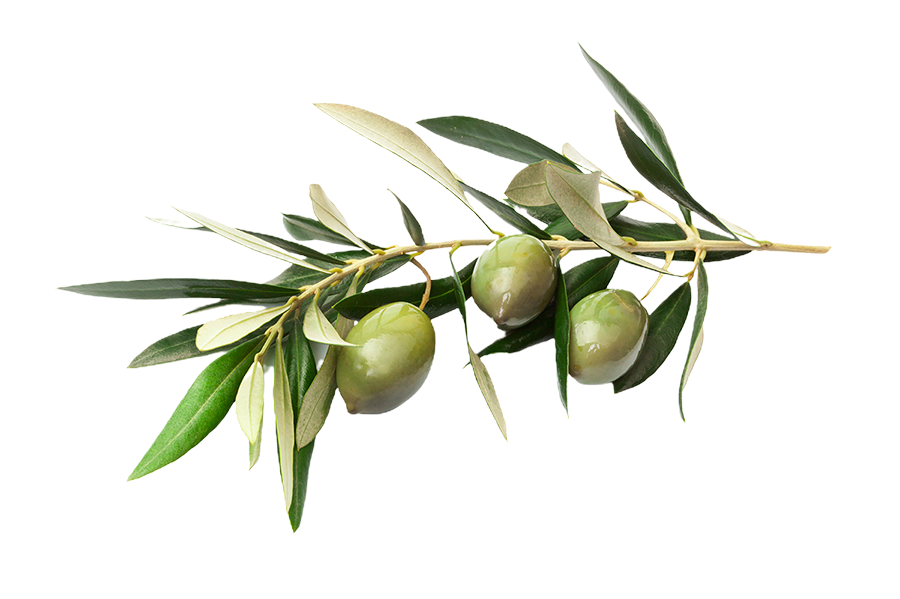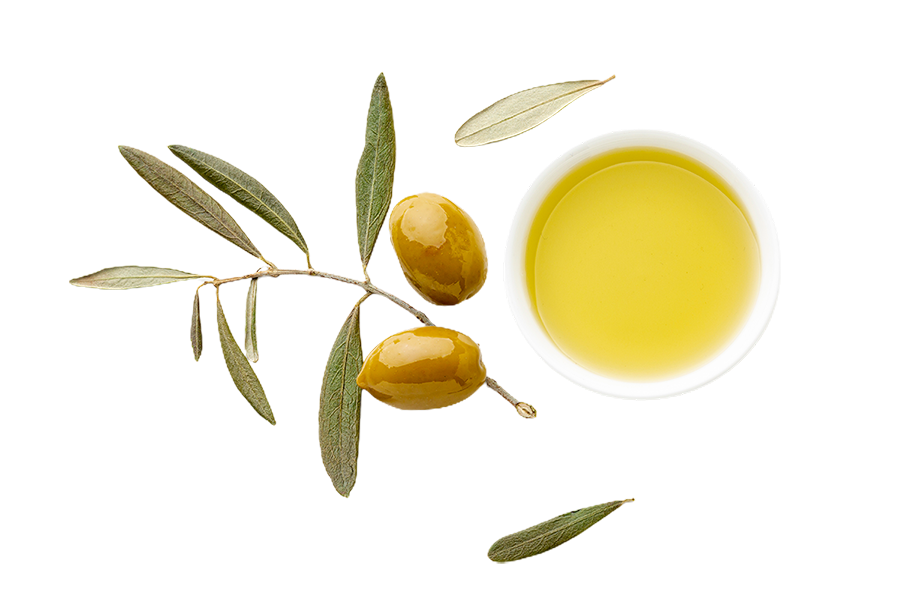Everyone talks about it, but what is meant by extra virgin olive oil?
Colibrì is a project of OPCONFOLIVA to discover and appreciate the extra virgin olive oil and table olives in brazil, co-financed by the programme of the European Commission 'Promotion of European Agricultural Products' REG 1144/2014.
This product is known for its high quality and for being an ally of the diet.
Extra virgin olive oil is obtained by pressing the olives without the addition of additives.
It also has a significantly lower acidity level than other oils, set at 0.8 grams per 100 grams of product.


What is the difference between olive oil and extra virgin olive oil?
The difference between olive oile and extra virgin olive oil lies in the organoleptic properties and taste. The taste of real extra virgin olive oil is bitter, with spicy notes that delight the palate, while olive oil is more fruity. In the product is present the spiciness of the must and the polyphenols, due to the opacization of the olives, the cold approval and the variety of the fruit.

What does EVO PDO oil, PGI and BIO means?
There are three acronyms to indicate a quality extra virgin olive oil: PDO, PGI, BIO. These are acronyms that allow consumers to understand that they are faced with a genuine product, not counterfeit. Let’s see what they mean:
- Protected Designation of Origin (PDO). The evo oil, from the olive harvest to the bottling, is produced in a specific area with unique characteristics. These are, for example, the variety of olive, the method and timing of the olive harvest, how many trees there are in each hectare of land, a particular smell or taste of the product, etc.
- Protected Geographical indication (PGI). EVO oil has production steps that can take place in different areas, but at least one has a link with a specific geographical area, which gives uniqueness to the product.
- Biologic (BIO). EVO oil has been produced according to strict standards, which respect the environment and do not require the use of fertilizers or chemical pesticides, while maintaining the biodiversity of the territory.
Contact US
Leave your email here for receive information about local events
How to prepare extra virgin oil?
Once the olives have reached the right point of ripeness, they are picked from the tree and squeezed. There is not a single variety of olive to prepare olive oil. The choice of the type of fruit to be employed is at the discretion of the mill and also depends on the production area.
What doesn’t change is the process of squeezing: the olives are washed carefully, freed from the leaves, the fruit is then pressed by a stone roller, centrifuged and filtered.
These last phases must take place in mechanical units with a temperature below 27 degrees, according to European Regulation no. 2568/91. This is used to maintain the correct acidity and to bring the product into the ‘extra virgin’ category.
What are the benefits of extra virgin olive oil?
Extra virgin olive oil is friendly to the diet: first of all, it improves metabolism and helps to better assimilate the vitamins and oligo-elements present in other foods. contains oleuropein, a substance that keeps insulin levels in the blood under control, making EVO oil perfect even for those suffering from diabetes.
Being rich in polyphenols, EVO oil is a powerful antioxidant, which keeps cells young, ideal for the health of tissues, organs and bones. Finally, it is also the ally of the heart, thanks to the presence of monounsaturated fats that keep cholesterol under control.

